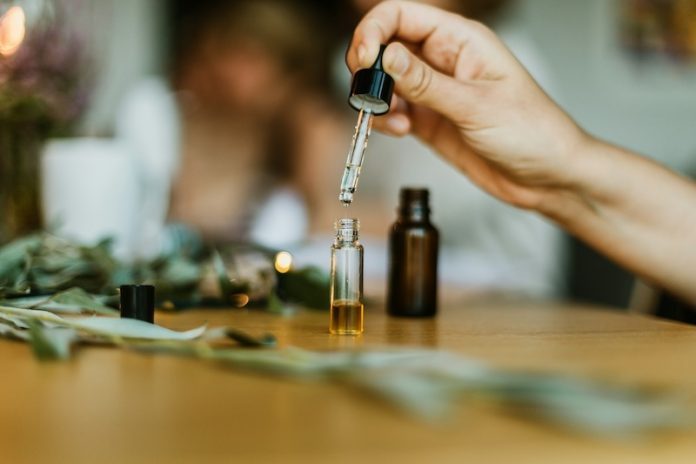
In a fascinating study from the University of Pittsburgh School of Medicine and UPMC, researchers have found that the sense of smell might hold the key to helping people with depression remember happier times.
This discovery could offer a new, simpler way to assist those battling depression by using familiar scents to trigger positive memories, potentially aiding their recovery.
The study, published in JAMA Network Open, reveals that compared to words, smells are much more effective in bringing back specific memories from the past.
This could be incredibly beneficial in a clinical setting, offering a novel method for helping individuals with depression break free from negative thought patterns and heal more quickly and smoothly.
Dr. Kymberly Young, the lead researcher of the study and an associate professor of psychiatry at Pitt, has been fascinated by autobiographical memories and the brain’s role in memory recall from early in her career.
She pointed out that the amygdala, a part of the brain that plays a key role in emotional responses and memory, could be crucial in this process.
The amygdala is directly connected to the olfactory bulb, which processes smells, making scents a direct pathway to memory recall.
It’s well-documented that people with depression often struggle to recall specific, autobiographical memories.
Healthy individuals, on the other hand, can experience vivid and lifelike memories triggered by odors, thanks to the direct engagement of the amygdala through the sense of smell.
Dr. Young was surprised to find that no one had previously explored the use of odor cues to aid memory recall in depressed individuals.
To test her theory, Dr. Young conducted a study where participants were presented with opaque glass vials containing familiar scents, such as oranges, ground coffee, shoe polish, and Vicks VapoRub.
Participants were then asked to recall a memory, good or bad, after smelling the vial.
The study found that depressed individuals who were given odor cues were more likely to remember a specific event, such as a recent visit to a coffee shop, rather than general memories of visiting coffee shops in the past.
These odor-triggered memories were also more vivid and immersive.
Interestingly, the study also hinted at participants being more likely to recall positive events when stimulated by scents, even though they were not specifically asked to do so.
This outcome is particularly exciting as it suggests that familiar smells could not only help people with depression access their memories more effectively but might also steer them towards positive experiences, contributing to their recovery process.
Dr. Young is now looking forward to conducting more advanced research using brain scanners to further understand how scents can effectively engage the amygdala in depressed individuals. Meanwhile, the progress made so far offers a glimmer of hope.
By improving memory recall through simple and accessible methods like smelling familiar scents, we might also enhance problem-solving skills, emotional regulation, and other areas where individuals with depression often face challenges.
Follow us on Twitter for more articles about this topic.
Copyright © 2024 Scientific Diet. All rights reserved.





